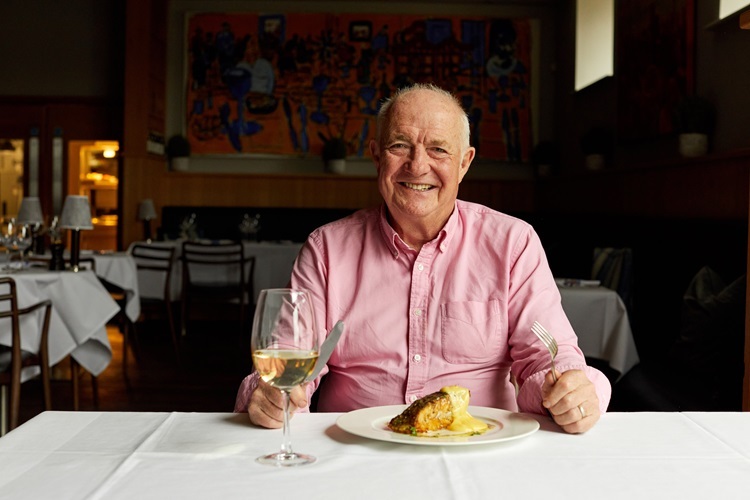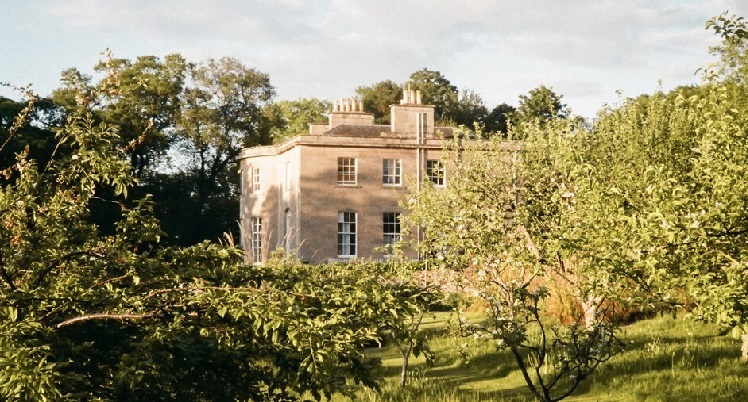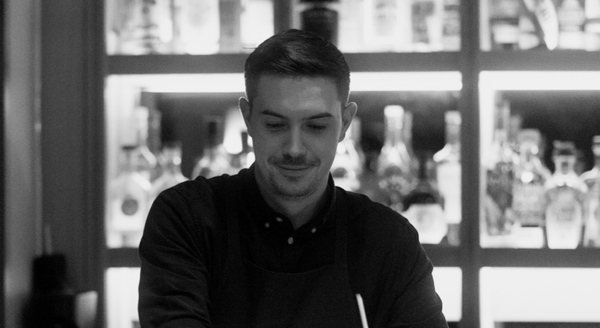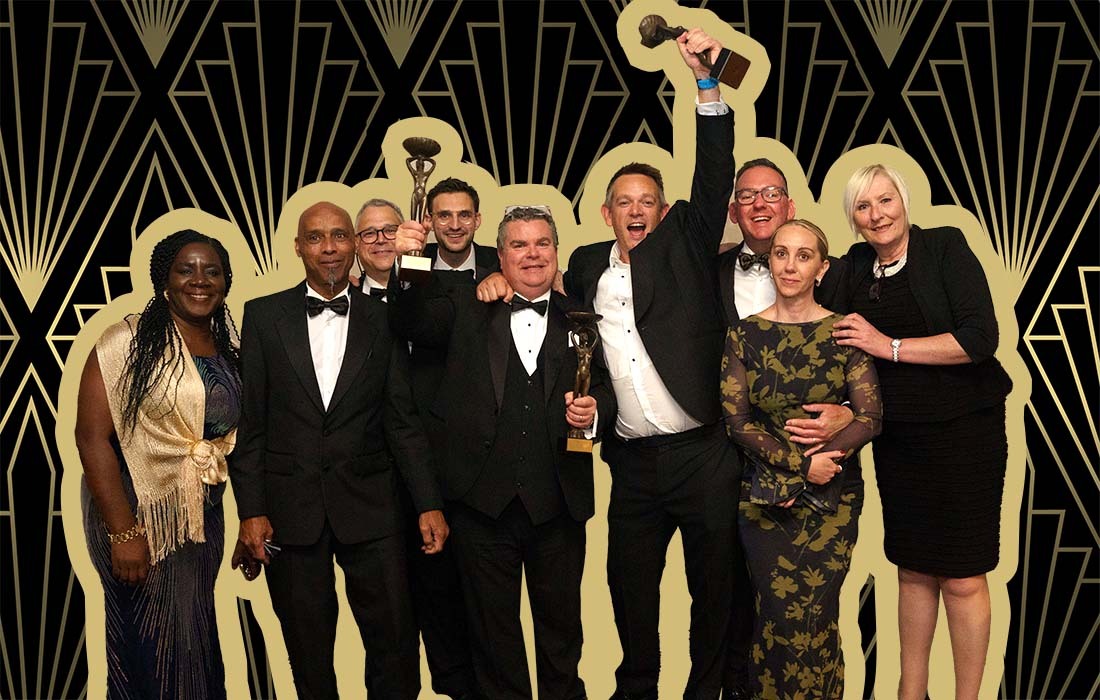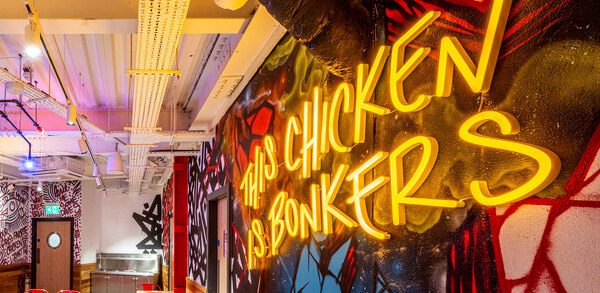Uncompromising licensing policies creating ‘stagnant' high streets
Uncompromising licensing policies are stifling the emergence of new nighttime operators and creating "stagnant" high streets.
These comments have been made as Hackney Council, in east London, famous for its diverse and thriving nightlife, prepares to vote to double the size of a Cumulative Impact Zone (CIP) in Shoreditch.
The move could limit new licences and enforce closing times of 11pm on weeknights and midnight at weekends on those that do gain approval.
Operators nationwide have complained of the "lottery" faced in obtaining a licence and most recently Il Cudega restaurant, in Hackney, announced it had "no option" but to close after failing to recover from a protracted licensing battle with the borough's council.
Jonathan Downey, a Hackney resident and the founder of London Union which owns Dinerama in Shoreditch, formed the We Love Hackney group to oppose such moves, which he argues are already preventing the emergence of vibrant new operators.
Downey said: "It used to be the most exciting, vibrant part of the coolest city on the planet and now it's in danger of becoming the most stagnant and boring of places.
"In the last 10 years no new bars have opened in Shoreditch there have been a couple of rebrands and a couple taken over. You are seeing more restaurants, but the nightlife is disappearing. There's nowhere to drink in Shoreditch anymore."
Piers Warne, an associate in the licensing team of law firm TLT told The Caterer that under some councils CIPs can mean even good operators face next to no chance of gaining a licence.
He said: "There are significantly more CIPs than people may suspect and they do not just apply to major towns and city centres, occasionally you will find them in very small high streets.
He continued: "Bristol City Council has a number of CIPs but they apply their policy very sensibly, so new operators can come in if they have a good offer, whereas Westminster jealously guard their CIP, especially in Soho, and it's almost impossible to get a new bar licence."
Warne said that CIPs, often introduced on police advice following crimes or anti-social behaviour, can be a double-edged sword providing existing licence holders with protection from the competition of new operators, who could force them to raise their game.
He explained: "The councils that see policy as a be-all and end-all can be in effect promoting bad businesses in their area, therefore leaving it to the police to try and review poor operators. Whereas trying to introduce new, exciting, dynamic concepts can bring standards up and actually change the nature of a place for the better.
"If I were a poor operator I would hope there was a CIP and it was jealously guarded because I wouldn't have to do anything."
This was an argument that came to the fore in Leeds in December 2012 after councillors refused BrewDog a licence in an area covered by a CIP due to police concerns about the impact on crime levels.
On appeal a district judge granted the craft brewery chain a licence describing it as an "intelligent, well-run company" that had "shown themselves to be an effective operator".
The district judge continued to say that CIPs were not meant to "bring down the iron curtain" adding that "the [council licensing] committee and police did their best but their application of the policy was too rigid. They seemed to take the view that man was made for the policy, when the policy should be made for man".
Licensing headaches are familiar to Downey who said: "We have issues everywhere. Licensing is a complete lottery, it's anti-business, it's anti-jobs, it's anti-nighttime economy, it's anti-alcohol and so we always have a hassle.
"I end up getting my licence usually because I've got 20 years' experience, can point to a proven track record of success and no crime also I've got money to chuck at a barrister and a really good solicitor. But if you're a 24-year-old who wants to open his first bar or get involved with a nightclub, or even a late opening restaurant, you haven't got a chance really. It's such a hit and miss thing and so that just means that established operators like me continue to open new places but you don't get people coming in lower down the line and the place then stagnates."
Downey does point to one alternative experience, his most recent opening Public in Woolwich south east London. He explained: "In Woolwich we had the local councillors supporting us. The deputy leader of Greenwich Council came to the licence hearing and spoke on our behalf and we had another councillor speaking for us. I think 360 local residents wrote in support of our application because they were desperate for Street Feast to come to Woolwich and we had seven locals object on the basis that it would disturb them in their flats across a dual carriageway."
In contrast earlier this month the Hackney Gazette reported that even a Marks and Spencer food hall was struggling to gain a licence within the Dalston CIP, as We Love Hackney continue to oppose the introduction of more stringent licensing controls in the borough.
Matt Sanders, spokesman for the 4,000 strong group, said: "Hackney is one of the youngest boroughs in the UK and one of the most diverse and the idea that we get this situation where only big corporates can afford to do business is so alien to how ordinary people in Hackney think of their borough."
Hackney's proposed licensing policy is set to go before councillors after local elections in May.
Il Cudega restaurant closes after failing to recover from licensing battle>>
New licencing law affects businesses with staff accommodation>>
Videos from The Caterer archives




